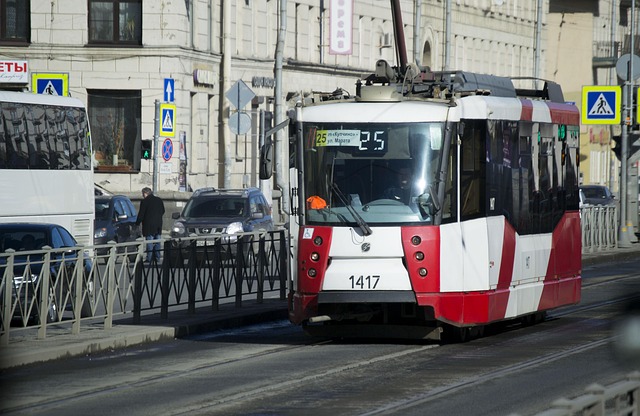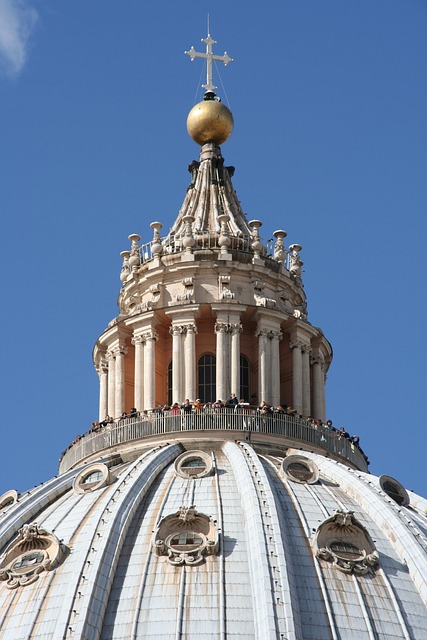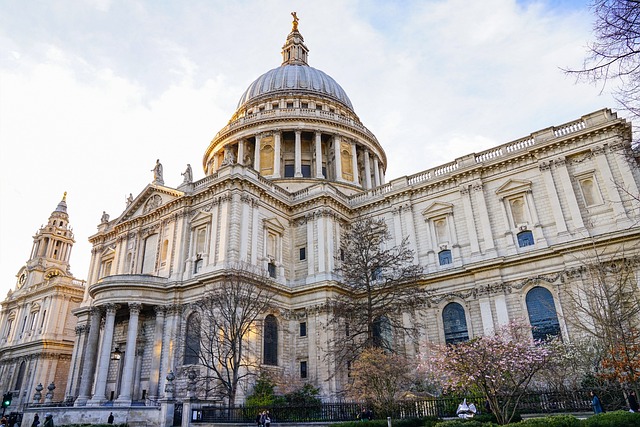In close-knit faith communities, shared beliefs foster a strong sense of belonging and unity, leading to active community support, collaborative projects, and vibrant social events. These spiritual connections drive local economies and make areas highly desirable for real estate. Faith-based communities prioritize creating spaces for religious gatherings and social interaction, which become central hubs for their tight-knit networks. Real estate professionals can strategically invest in properties within these neighborhoods, capitalizing on strong social bonds, shared values, and higher property values to build trust and effective relationships with residents.
In many regions, close-knit communities with strong faith ties are thriving hubs of social cohesion and mutual support. This article explores the profound impact of shared faith on community dynamics in real estate. We delve into the characteristics that define robust, faith-based communities, providing insights for real estate professionals looking to invest in these neighborhoods. Understanding these factors is crucial for navigating the unique needs and preferences of such communities, fostering sustainable and meaningful growth in their locales.
Understanding the Impact of Faith on Community Dynamics in Real Estate

In many close-knit communities, faith plays a pivotal role in shaping the social fabric and dynamics. When it comes to real estate, this spiritual connection can have a profound influence on how neighborhoods develop and thrive. The shared beliefs and values within these communities often translate into a strong sense of belonging and camaraderie, fostering an environment where residents actively support and care for one another. This spiritual bond can lead to vibrant social events, collaborative community projects, and a robust local economy, all of which contribute to the overall appeal and desirability of the area in the real estate market.
Moreover, faith-based communities often prioritize creating spaces that cater to their religious practices and gatherings. This may include establishing places of worship, community centers, or shared green spaces that encourage interaction and strengthen the sense of unity. These spiritual and social hubs become the heart of the neighborhood, attracting residents who seek not only a place to live but also a supportive network centered around shared values. Understanding these dynamics is essential for real estate professionals looking to cater to such communities, as it allows them to offer properties that align with the specific needs and preferences of these tightly-knit faith-driven neighborhoods.
Building Strong Bonds: Characteristics of Close-knit Faith Communities

In close-knit faith communities, members form deep connections that foster a sense of belonging and support. These tight-knit groups often emerge in specific geographical locations, such as small towns or neighborhoods, where people share common values and beliefs. Real Estate plays a significant role in this context; the physical spaces where these communities gather—from churches to community centers—become hubs of social interaction and spiritual growth. Members find comfort and strength in their shared rituals and celebrations, creating an environment that encourages open communication and mutual aid.
The characteristics of these faith communities are defined by their unwavering commitment to collective well-being. They actively support one another through life’s challenges and celebrate together during moments of joy. This sense of solidarity is cultivated through regular gatherings, where members engage in worship services, social events, and volunteer activities. Such activities strengthen bonds, promote understanding, and create a resilient network that enhances the overall quality of life within the community.
Investing in Properties within Faith-focused Neighborhoods: Considerations for Real Estate Professionals

When real estate professionals consider investing in properties, focusing on faith-based neighborhoods can be a strategic move. These close-knit communities often have strong social bonds and shared values, which can translate into higher property values and increased demand. As such, investors can benefit from stable rental markets and potential capital appreciation over time.
For real estate agents and brokers, understanding the unique dynamics of these areas is key. This includes recognizing the importance of faith in daily life, community events, and local amenities. By aligning with the spiritual needs of residents, professionals can foster trust and build strong relationships. Ultimately, this specialized knowledge allows them to guide clients effectively, ensuring investments thrive within these vibrant and spiritually rich communities.






